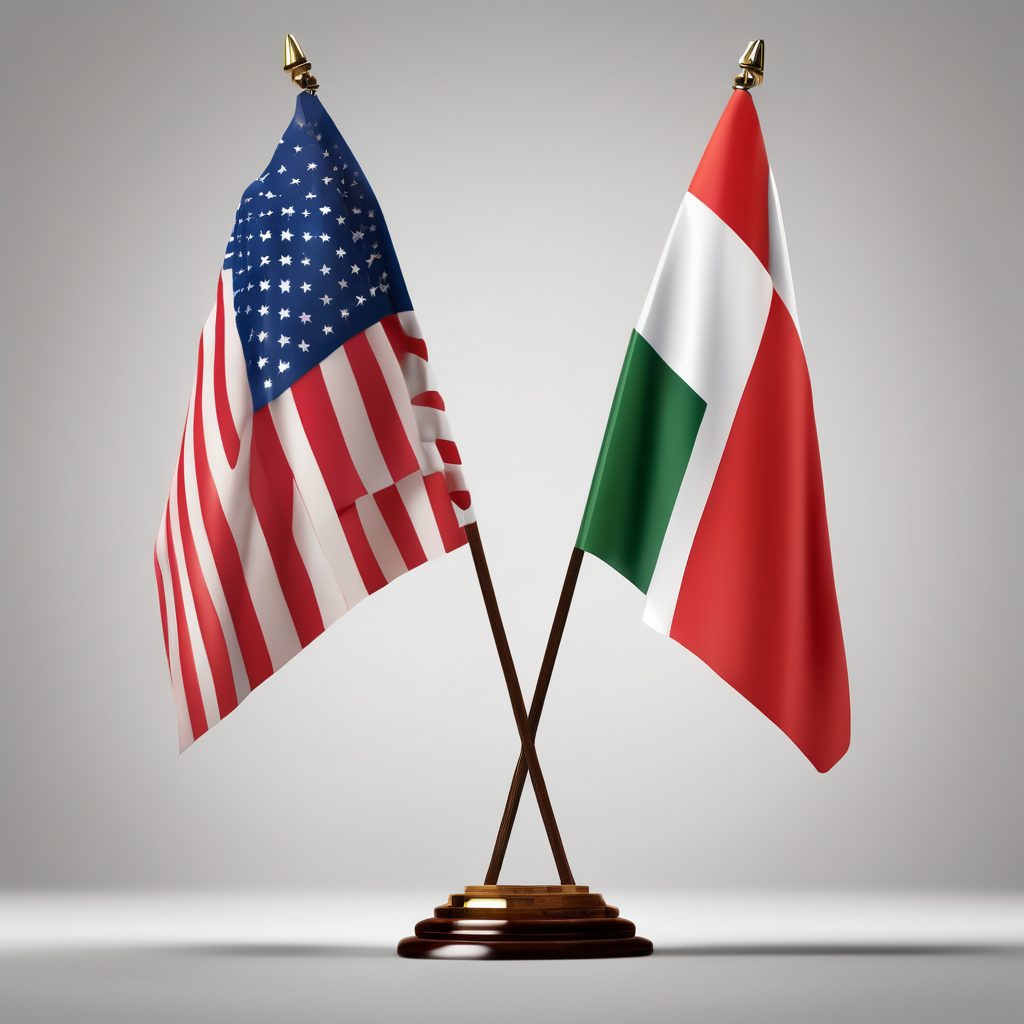Lindsay Sandiford, a 69-year-old British woman, has been repatriated from Indonesia after spending more than a decade on death row due to drug-related offenses. Sandiford gained notoriety in 2013 when she was detained at Bali airport with 4.8 kilograms of cocaine, estimated to be worth over $2 million, concealed in her luggage. Her lengthy incarceration and the severity of her sentence raised numerous humanitarian concerns, particularly regarding her health.
The repatriation was made possible through an agreement between the Indonesian and British governments, allowing Sandiford to return to the UK to serve the remainder of her sentence. Her health condition was a paramount factor in the negotiations, as evidenced by her appearance at the press conference in a wheelchair. Sandiford was accompanied by another British national, Shahab Shahabadi, who was serving a life sentence for drug offenses and was also repatriated.
The flight with the two prisoners departed Bali late on Friday. Indonesian senior minister for legal affairs, Yusril Ihza Mahendra, characterized the agreement as reciprocal, indicating a potential for Indonesia to request the return of its citizens incarcerated in the UK, although no such requests have been initiated at this time.
This case reflects a broader trend of diplomatic efforts leading to the release of foreign prisoners in Indonesia over the last year, offering hope to individuals entangled in complicated legal issues abroad. The repatriation of the last members of the “Bali Nine” underscores the serious consequences of drug trafficking while highlighting the significance of compassionate international diplomacy.
The cooperation seen between Indonesia and Britain illustrates a positive advance in bilateral relations, driven by mutual respect and humanitarian considerations. There is an optimistic outlook that both Sandiford and Shahabadi can now take steps towards rebuilding their lives, signaling a pivotal moment in their journey toward rehabilitation. The developments not only represent a chance for personal redemption but also emphasize the power of diplomatic negotiations in addressing complex issues across borders.
